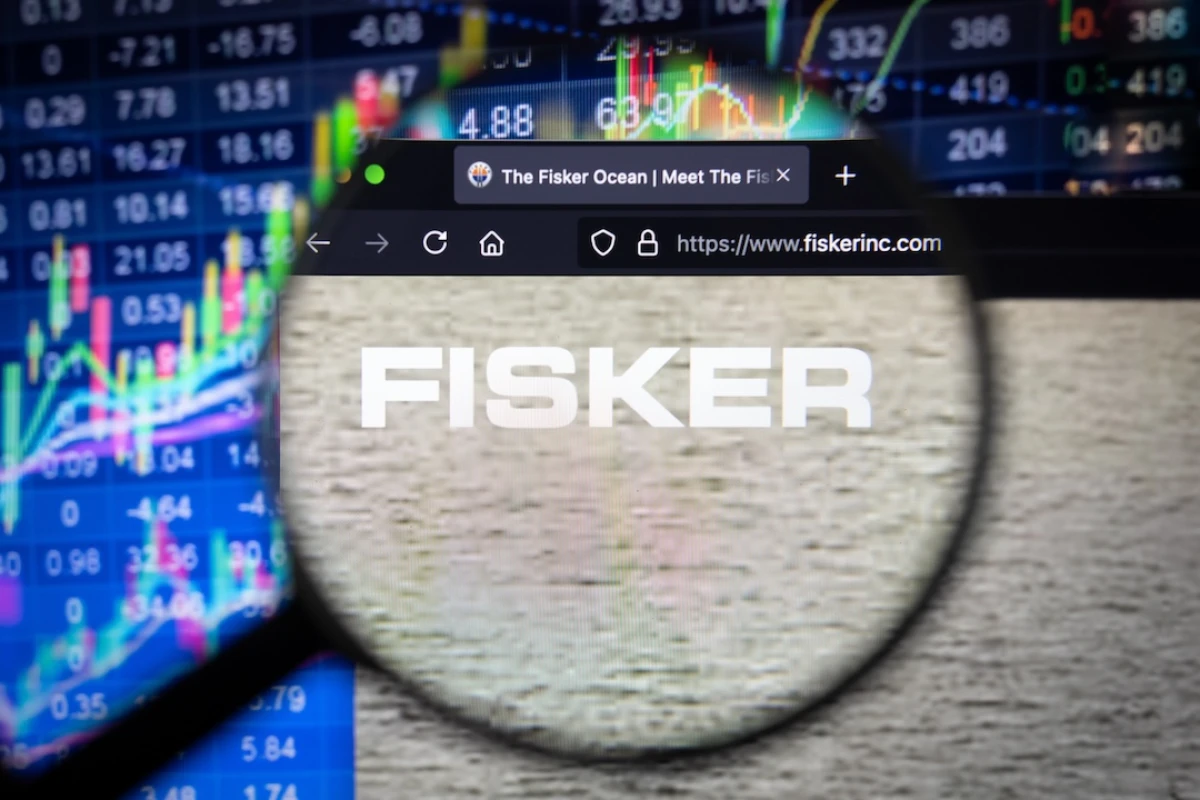#What You Need To Know
Fisker (NYSE: FSR), the cash-strapped electric vehicle (EV) startup, announced that talks with a potential large automaker for a deal have collapsed. The company did not disclose the automaker's name. With trading in Fisker shares halted, the termination of talks has left the startup exploring strategic options, including restructuring and capital market transactions.
There is increasing speculation that Fisker may file for bankruptcy protection. This would mark the second failed auto startup for Henrik Fisker, who previously founded Fisker Automotive, which filed for bankruptcy in 2013. Fisker's latest venture, founded in 2016, went public through a merger with a blank-check firm. However, supply chain issues, production delays, and fundraising challenges have significantly impacted the company's valuation.
Fisker also announced that it will be unable to meet a closing condition related to its attempt to raise up to $150 million through convertible notes. The company's shares have plummeted more than 90% this year, and it plans to hold a shareholder meeting to vote on a reverse stock-split proposal.
Sign up for Investing Intel Newsletter
#Why This Is Important for Retail Investors
Investment Implications: The collapse of talks between Fisker and a potential automaker underscores the risks associated with investing in startups and the volatile nature of the electric vehicle industry. Retail investors need to consider these factors when making investment decisions.
Potential Losses: FSR investors may face potential losses if the company files for bankruptcy. Understanding the financial challenges faced by the company can help investors evaluate their positions and make informed decisions.
Market Volatility: The news of Fisker's failed talks and potential bankruptcy can contribute to increased market volatility. Retail investors need to be aware of market fluctuations, as it can impact their investment portfolios beyond just Fisker's stock.
Industry Trends: The struggles faced by Fisker highlight the challenges that electric vehicle startups face, such as supply chain issues, production delays, and fundraising hurdles. Retail investors interested in the electric vehicle sector should closely monitor industry trends and be mindful of the risks associated with investing in early-stage companies.
Lessons for Future Investments: The case of Fisker serves as a valuable lesson for retail investors, emphasizing the importance of thorough due diligence, understanding market dynamics, and being cautious when investing in high-risk startups. Evaluating the financial health, partnerships, and growth prospects of companies can help investors make more informed investment decisions in the future.
#How Can You Use This Information?
Here are some of the investing ideas that can be explored using this information:
Value Investing
Retail investors with a long-term perspective who believe Fisker can overcome its challenges can assess whether FSR stock's current low valuation presents a potential value investment opportunity.
Value investing searches for undervalued companies that trade for less than their intrinsic values, expecting the market to eventually recognize them.
Defensive investing
Given the uncertainties surrounding Fisker's financial health, retail investors seeking to mitigate risks may consider defensive investing strategies by focusing on more stable and established companies in the electric vehicle industry.
Defensive Investing focuses on securing a portfolio by choosing companies less sensitive to economic downturns.
Event-Driven Strategy
The collapse of talks and potential bankruptcy of Fisker could be viewed as an opportunity for event-driven strategies, where investors seek to profit from price movements resulting from significant corporate events.
An event-driven strategy capitalizes on stock mispricing that may occur before or after a corporate event, such as a merger or acquisition.
Contrarian Investing
Retail investors with a contrarian approach may find Fisker's struggles as an opportunity to take a contrarian stance, betting on a potential turnaround if they believe the market sentiment has overly discounted the company's prospects.
Contrarian investing involves taking positions against prevailing market trends on the belief that the crowd is wrong.
Sector Rotation
Fisker's challenges and the overall volatility in the electric vehicle sector may prompt retail investors to consider rotating their investments away from this sector and reallocating funds to industries with more stable growth prospects or potential catalysts.
Sector Rotation is the practice of shifting investment capital from one industry sector to another to take advantage of the economic cycle.
#Read What Others Are Saying
Reuters: Fisker shares halted after deal talks with big automaker collapse
Sign up for Investing Intel Newsletter
#What you should read next:
#Popular ETFs
Some investors prefer to invest in stocks via an exchange-traded fund for ease and reduced risk. Some popular ETFs include the following:
Global X Autonomous & Electric Vehicles ETF (DRIV) - This fund targets companies involved in the production of electric vehicles, batteries, and technologies for autonomous driving. It provides exposure to global players shaping the future of transportation.
iShares Self-Driving EV and Tech ETF (IDRV) - Focusing on companies that produce electric vehicles, batteries, and technologies essential for self-driving cars, IDRV spans multiple countries, offering a broad market view.
KraneShares Electric Vehicles and Future Mobility ETF (KARS) - KARS includes companies from the electric vehicle production, lithium and copper mining, and other materials essential for EV batteries, highlighting a comprehensive approach to the EV ecosystem.
SPDR S&P Kensho Smart Mobility ETF (HAIL) - With a focus on smart transportation, HAIL invests in companies engaged in autonomous and connected vehicle technology, electric vehicles, and batteries, showcasing innovation in the transportation industry.
Amplify Lithium & Battery Technology ETF (BATT) - While not exclusively an electric vehicle ETF, BATT emphasizes lithium and battery technology, which are critical components of EVs, offering indirect exposure to the electric vehicle boom.
